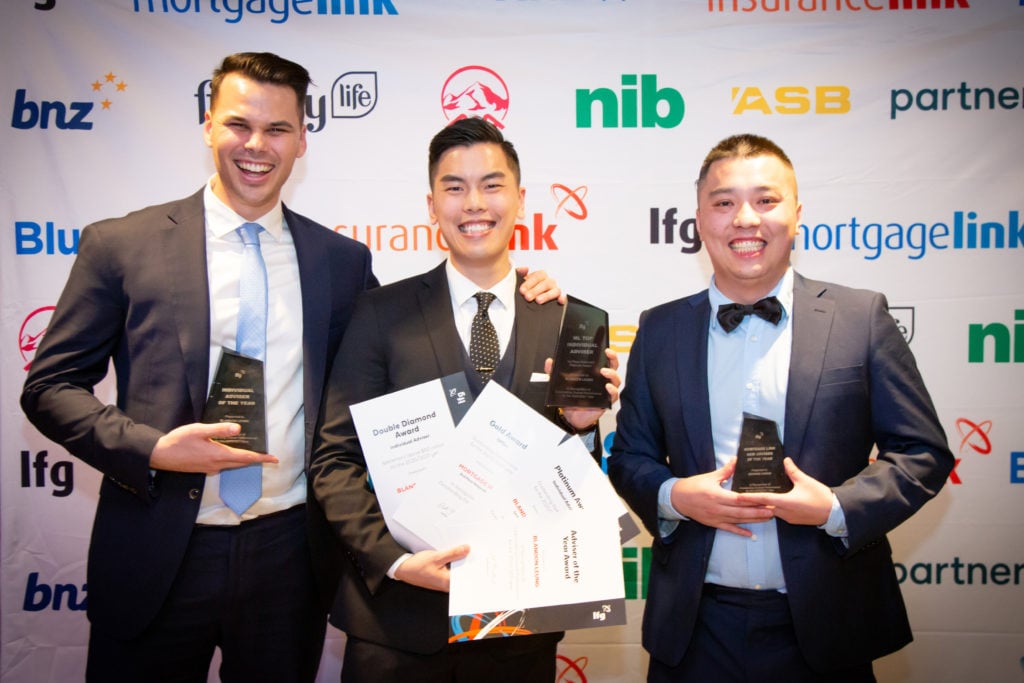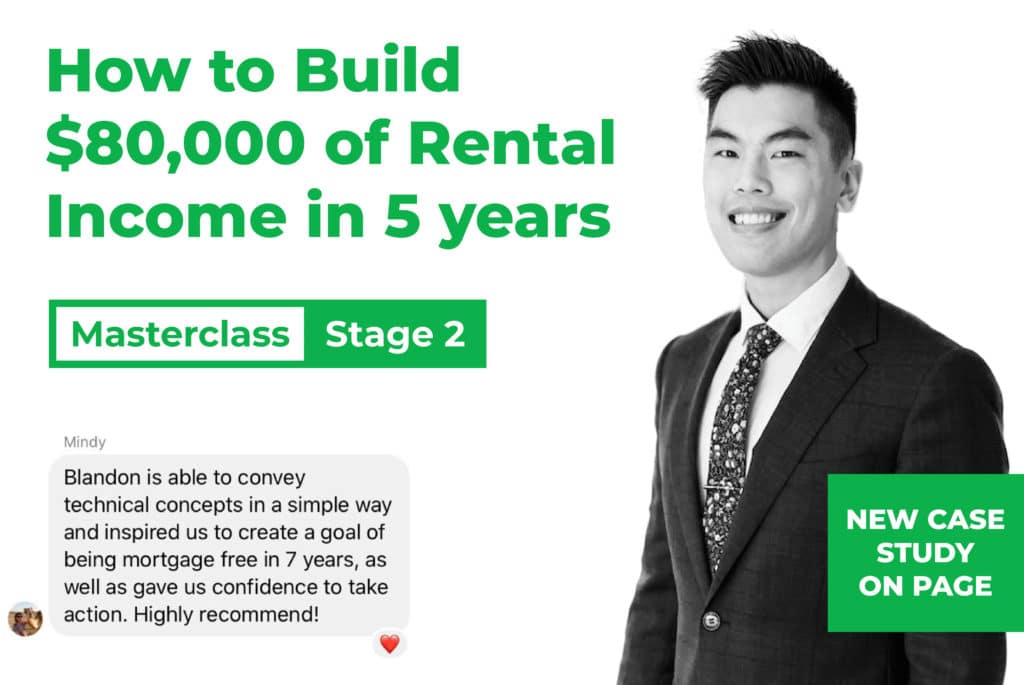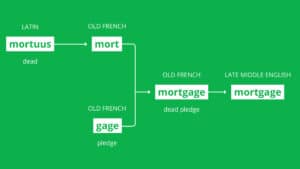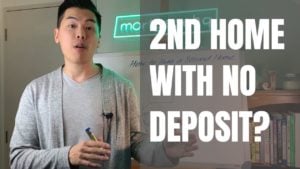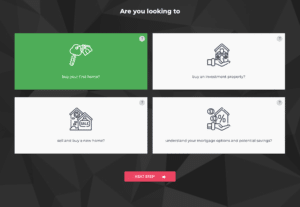Should I buy a home or keep renting?
Many New Zealanders think buying a home is part of living the Kiwi dream. It’s a measure of financial success, along with owning the Bach, Boat, Beamer and the BBQ. However, it’s very important to reflect on whether owning your own home is the right move, or if you’re actually better off renting. The dream of homeownership has been largely oversimplified. It’s important for people to realise the responsibility, risk and rewards that can come from taking the leap into buying your own home.
People in favour of buying usually argue:
If the value of the home appreciates (as most people would have experienced over the last decade), you’ll be in line for some juicy capital gains.
Once you’ve paid off the mortgage on your home, it’s yours. You own the asset, and the cost of your housing from that point on reduces significantly.
You have more stability and certainty around your housing situation, and don’t have to deal with a landlord.
While people who prefer to rent will say:
You don’t have to stress about the ongoing maintenance, repairs, and responsibility of owning the property.
Renting in this market may be a lot cheaper than the mortgage repayments and costs of owning a similar home in the same area.
Buying home ties up your savings, and has an opportunity cost. i.e. your money may be better off invested in shares or your Kiwisaver.
All of these factors will vary in importance depending on your situation. What’s most important to consider is that buying a home can indeed be a bad financial move, but for most people, it isn’t. The best way to figure this out is to crunch some numbers, and double-check your underlying motivations for owning a home.
Good reasons to buy your first home:
You’re looking to live in the property for a reasonable amount of time, and its ownership will bring you and your family joy and happiness.
You’re looking for a way to build wealth, and recognise purchasing a home that you can add value to by doing a bit of DIY, while living in it, before moving onto another project.
You’re committed to paying down your debt, and know you’ll be happy living in the area for 5+ years.
Bad reasons to buy a home:
Society tells me it’s the right thing to do
My friend bought a property and I have FOMO!
Property prices have doubled in the last 10 years, I’m missing out…
Ask yourself “How would I feel if the value of my first property didn’t change over the next 5 years, or potentially dropped by 5%-10%?”
It’s important to understand that nobody can predict the market, and the only way to benefit from being in the market, is being able to ride out any short-term fluctuations. If you’re looking to buy your first home as a get rich quick scheme, you’re probably doing it for the wrong reasons, and continuing to rent MAY be the better option.
The other thing to consider is that many people want to live in an area they can’t afford to buy property in. In Auckland, inner-city suburbs like Ponsonby & Mt Eden aren’t affordable for most first-home buyers, yet are very desirable places to live. Don’t forget, you could always keep renting in one area, and buy your first home as in investment, a term commonly referred to as ‘rentvesting’. While Kiwisaver & a Homestart Grant may be more difficult to acquire for an investment, this is still an option.
Capital gains
When you’re talking about property prices, a lot of people are referring to what the property prices have done in the past, and what are they going to do in the future. Capital gains refers to the increase in the value of the property over time and their predicted increase in the future. So when people are buying it in Auckland, for example, and they’re buying, and the cash flow from the rent is not covering the mortgage even, it’s negatively geared and people are mainly buying based on potential and capital gains.
If we look at the numbers what we see is, you know, 50, 60 years ago prices for Auckland and Hamilton about the same. They were looking at 100K properties. And what’s happened is that average Auckland price has gone up to a mil, even more now, in Hamilton, the capital gains haven’t been that strong. You know, this is the same for many cities around New Zealand. Auckland seems to be the most popular and this is because of migration, economy, the desirability and internationally.
There are lots of things influencing the capital gain, and the increase in value.
6 Steps to building a deposit for your first home
Great, so you’ve made the decision that property ownership is right for you. So, what’s next? In order to get a mortgage from the bank, you’re going to need to have some skin in the game. Your deposit refers to the amount of your own money you’ll be contributing toward the purchase of your first home. Generally, with a first home-buyer, the bank would like you to contribute at least 5%-20% of the value of the property.
Hopefully, you already have a job and are well on your way to building up some sort of genuine savings. Before getting a good idea of your maximum affordability, you should understand how you’ll be sourcing your deposit.
Step 1: Pay down any outstanding credit cards and personal debts
If you’re in the situation where you have a store card, credit card, or personal loan, the most important thing you can do toward sorting your deposit, is pay these down. They’ll eventually negatively impact how much you can afford, and are costing you a lot in interest every month.
There’s no downside to having a credit card, as long as you’re paying it off in full at the end of every month. That would mean you aren’t paying any interest on it month to month, and it’s not a pesky balance transfer card that’ll eventually end up with an interest expense.
The reason why it’s important to first start by paying off your extra debt is that it’s going to be detrimental to your personal savings capacity. All of your extra debt also creates a monthly ‘expense’ that the banks will consider, and therefore reduces your capacity to borrow at your maximum potential.
Step 2: Start accumulating genuine savings
When building your deposit, the banks look very favourably upon customers who can show a track record of genuine savings. It shows you’re able to manage your monthly expenses and aren’t spending more than you earn. Sometimes we can also use this as a strong mitigant for potentially getting you that little bit extra from the banks.
When building your deposit, take what you already have as a deposit, and forecast how much more you expect to be able to save between now and the time at which you think you’ll be ready to make your first purchase. Keep these two figures handy when talking with your adviser.
Step 3: Check with your Kiwisaver provider if you’re able to withdraw your Kiwisaver savings toward your first home.
If you’ve been contributing toward your Kiwisaver for at least three years, you should be allowed to withdraw the full balance of your Kiwisaver savings, minus the initial $1,000 gifted to you by the government.
The government won’t let you use this toward the purchase of an investment property, but it can be used toward the purchase of an owner-occupied home. You’ll need to live in the home for at least 6 months if you’re planning on using your Kiwisaver toward the deposit.
If you’re unsure whether or not you qualify, it’s best to contact Housing New Zealand, as there are a couple of cases where you may not be a first-home buyer and still qualify. You can find out more here.
Step 4: Apply for a Kiwisaver Homestart Grant through Housing New Zealand.
If you’ve been contributing toward your Kiwisaver for three or more years you may be entitled to a Homestart Grant, which is potentially an extra $20,000 toward your deposit!
How much you’re eligible for depends on two things.
- How long you’ve been contributing toward your Kiwisaver
- Whether or not you’re buying a new home or an existing dwelling.
How long you’ve been contributing:
$3,000 Contributing for 3 years
$4,000 Contributing for 4 years
$5,000 Contributing for 5 years
To qualify, you must:
have a household income (before tax) of less than $85,000 per year (for one person), or less than $130,000 per year (for two or more people)
have a deposit that is 10% or more of the purchase price, including the addition of the grant
be planning to live in the house for at least 6 months from the settlement/completion of the property.
You’re also limited by the following regional pricing caps:
Auckland
House price cap for existing/older properties: $600,000
House price cap for new properties: $650,000
Hamilton City, Tauranga City, Western Bay of Plenty District, Kapiti Coast District, Porirua City, Upper Hutt City, Hutt City, Wellington City, Tasman District, Nelson City, Waimakariri District, Christchurch City, Selwyn District, Queenstown Lakes District
House price cap for existing/older properties: $500,000
House price cap for new properties: $550,000
Rest of New Zealand
House price cap for existing/older properties: $400,000
House price cap for new properties: $450,000
Double the government contribution by buying a “New Home”
A new home is considered to be a home that’s received its code of compliance within the 6 months since Housing New Zealand receives the Homestart Grant application. The home will only qualify if it’s a completely new dwelling, and not a relocated house onto a vacant section or an existing home that has had extensive renovations and a new code of compliance issued.
If you’re thinking of buying a property “off the plans”, before it’s been built, you can access the grant prior to settlement to help you with your deposit. It’s always best to speak to your adviser before this point to make sure you’re going to be able to afford the house on completion.
This application process can take up to 20 days for Housing NZ to process, so it pays to start the process early.
If all goes well, and you’re looking to build your deposit with your partner, or with a sibling, between the two of you, the Homestart Grant could be contributing an extra $20,000 toward your deposit.
What about someone who’s looking to buy their first-home with someone who’s owned property before? Well, the good news is, the person who’s never owned property before will be eligible for both the home start grant and the Kiwisaver withdrawals. However, the bad news is, the other party won’t be able to use either.
Step 5: Ask your parents or family to contribute through the way of a “Gift”
Many first time buyers are having to tap family on the shoulder for a hand-up to get onto the property ladder. While at first, this may be something that makes you feel a little uncomfortable, it’s a lot more common than you think, especially in Asian families who are very focused on building intergenerational wealth. Many older people who have owned the property for years have untapped equity that could be leveraged to help you into your first home.
The best way to do this is through a “gift”. You can download our template gifting letter here. While a gift is non-interest bearing, and there’s no legal cause for it to be paid back in the future, a lot of our clients enter a gifting contract with the intention of repaying the money at some point in the future. This can often be the difference between you being able to make that first step onto the property ladder. The way we have been able to achieve this for clients is by topping up their mortgage after a few years of capital gains when their property has increased in value.
While not all parents are in the position to be able to withdraw $50,000 from their bank accounts, many do have the capacity to withdraw this as equity from their homes, and it may be a small price to pay to get you out of the house and into your own place.
If the family are unable to outright ‘gift’ you the cash, there are other options, such as cross securing the properties, or formalising a loan between the two parties. Generally, these options create more risks than gifting, which is why it’s best to ask your adviser to walk you through the differences.
Step 6: Calculate how much you can contribute
Hopefully, by now you’re able to contribute a lot more than you’re expecting toward the purchase of your first home. Let’s take a look at a recent client example.
Purchase Price $650,000 (new build in Auckland)
Total Available Deposit: $130,000
Genuine Savings: $40,000
Forecasted Savings: $10,000
Kiwisaver Withdrawal: $40,000
Homestart Grant: $20,000
Gift from father: $20,000
For Matthew and his partner Jane, they were able to contribute $130,000 toward their first home and purchase a new build (turnkey) property in Hobsonville point in Auckland for $650,000. They were able to contribute a 20% deposit, which qualified them for the bank’s lowest rates (using mortgagehq as their advisers, the rates were actually lower than the bank’s special rates). While part of this was $10,000 worth of forecasted savings, because they had 12 months before the build was complete, they had extra time to get the full deposit together, and were able to purchase a property they initially thought was unaffordable.


